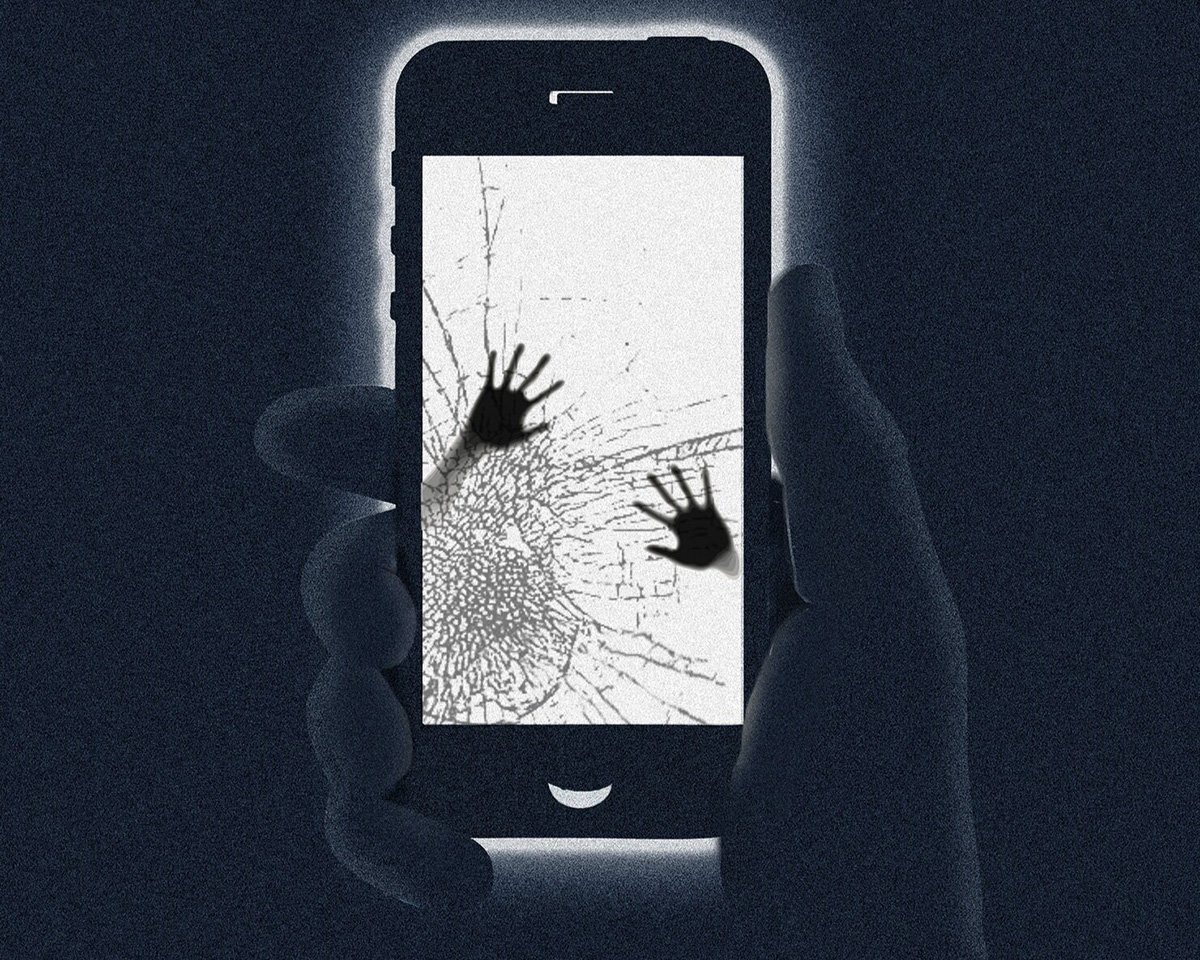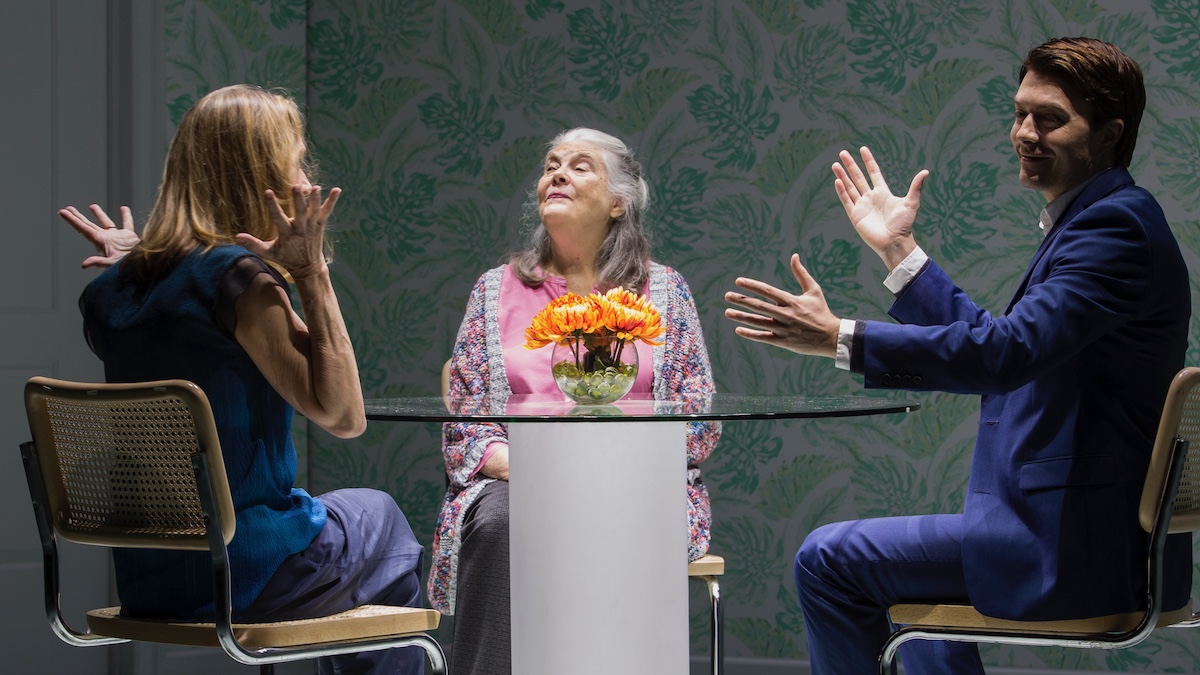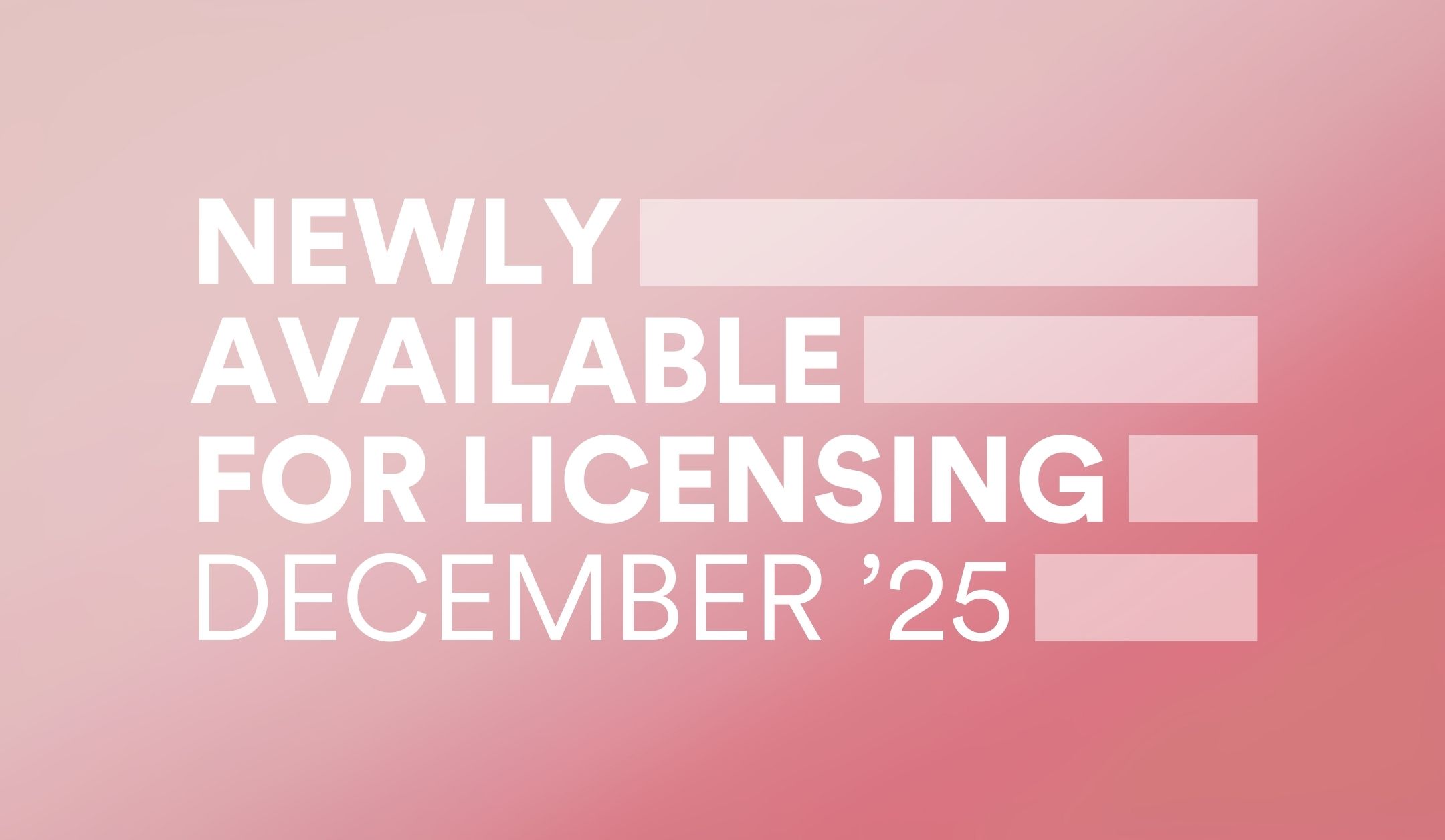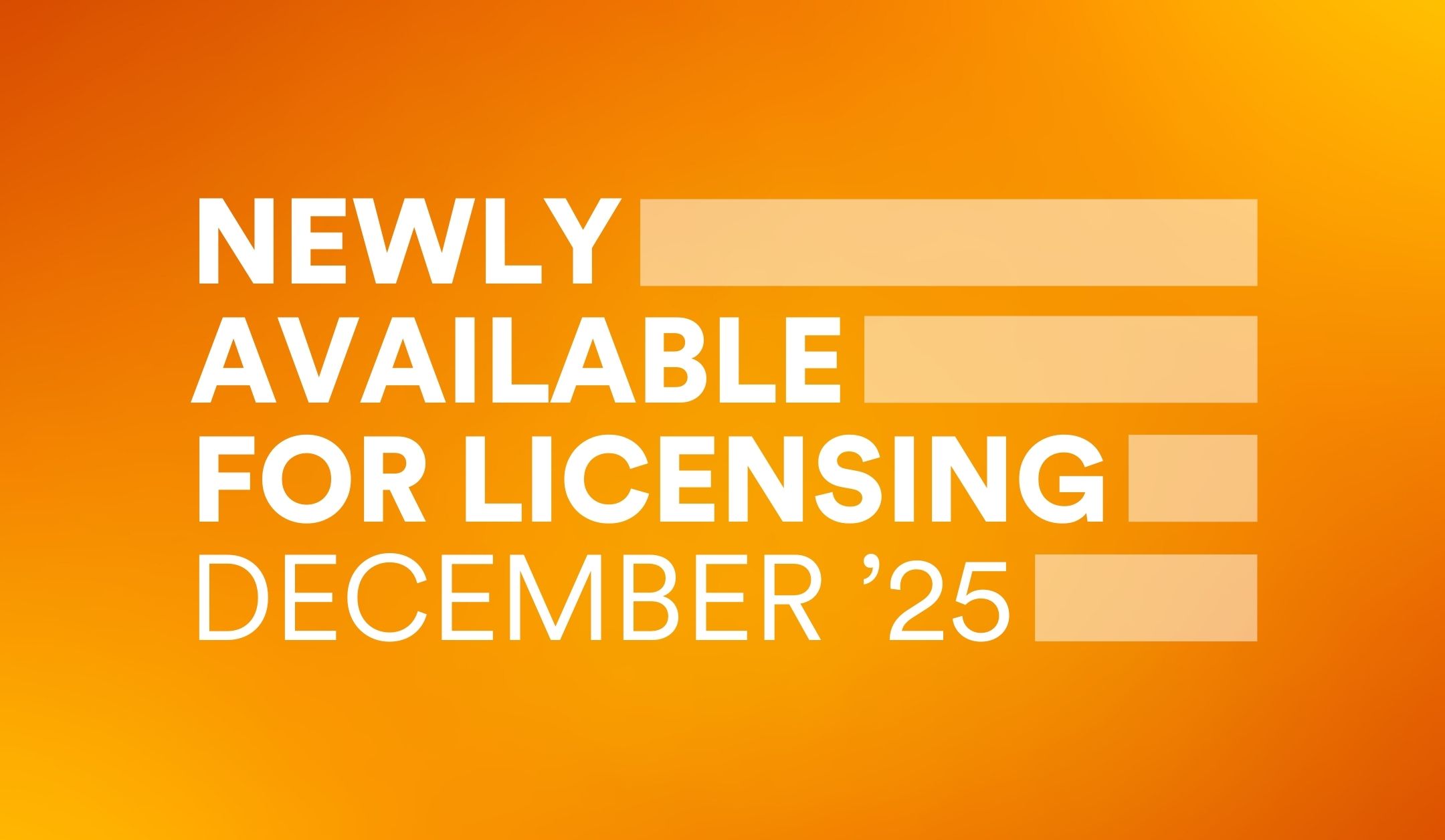
Written alongside student groups, Emily Jenkins’ COOKIES reflects some of the social challenges and experiences modern teenagers often have to navigate both day-to-day and online.
Read on as Jenkins discusses her experience of writing this collaborative piece as well as tips for those wanting to stage it themselves.
You wrote COOKIES alongside students, reflecting their own stories and experiences; what was your main approach to writing in this way?
My approach was to listen. And listen hard. I had been commissioned to write a play about the online lives of young people and so, with every interview I did (and I did A LOT), I asked the student what they thought the play should be about and what they wanted people to know. It was very important to make sure the play that I wrote contained their voices and concerns and wasn’t about an adult telling them what they should do or think. As a consequence, I was honoured that they shared with me so many fascinating, funny, and moving stories that informed the three storylines that make up COOKIES.
COOKIES deals with some very pertinent issues facing the online generations – from young Selena being recruited into extremism by a friend, to Eva becoming a victim of online abuse. What was the most difficult part of writing these stories?
The dangers that young people face online every day can be terrifying and confusing and it can be very easy to fall into the trap of trusting the wrong people. I wanted to write characters that made mistakes, but I didn’t want to blame anyone or make them the ‘bad guy’.
For example, Salena is vulnerable to being groomed because she is ostracised by a society that should support her and she is just looking for a place where she feels like she belongs; similarly, it is not OK that Simon shares the naked picture of Eva but he does it when he has been deeply hurt by her and doesn’t understand the consequences of his actions. Even Salena’s groomer is being manipulated and controlled and doesn’t have any way out; and in Sosa’s story, tragedy occurs when online violence and tribalism moves onto the streets.
We all make mistakes, particularly when dealing with something as all-consuming as the internet; it’s how we change our choices and make different ones in the future that is important. I hope the play shows that.
Do you have any advice for anyone staging the play?
Even though many of the characters are talking online, I would suggest you stage it like they are in the same room talking directly to each other. It makes the feelings they are experiencing and their relationships more real and easy to connect to. We also had a large chorus of students in the original production but if you don’t have that, feel free to change or remove some of the chorus lines – or assign them to one of your main characters. Otherwise, just have fun!
What do you hope people will gain from performing this play?
I hope it will give the people performing it the chance to share their side of the story, rather than having to listen to adults – who don’t really understand what it’s like – telling them what to do. Most adults haven’t grown up with the internet and social media, so it’s very hard to understand what it’s like. I also hope this gives those performing the play the chance to not only have a voice in this discussion, but also to educate adults on what it’s like having to deal with two different worlds (online and offline) at the same time. We should be listening to the young people, they are the ones who know what support and help they need from us.
Through performing this play people may also start to understand how and why mistakes or bad choices can happen, and to look at how doing the wrong thing does not automatically make you a bad person. It’s how you learn, grow, and change your actions in the future that is important.
Are there still stories from your work with these students that you’re still hoping to tell?
Absolutely! I heard so many inspiring stories and met so many incredible young people that there wasn’t enough room to fit them all into one play. But I’m not going to tell you which one I’m going to explore next – I’m keeping that a secret!
To share your side of the story, you can put on your own production of COOKIES, or why not purchase a copy of playscript.

Plays About Technology

Newly Available for Licensing – December 2025 (US)

